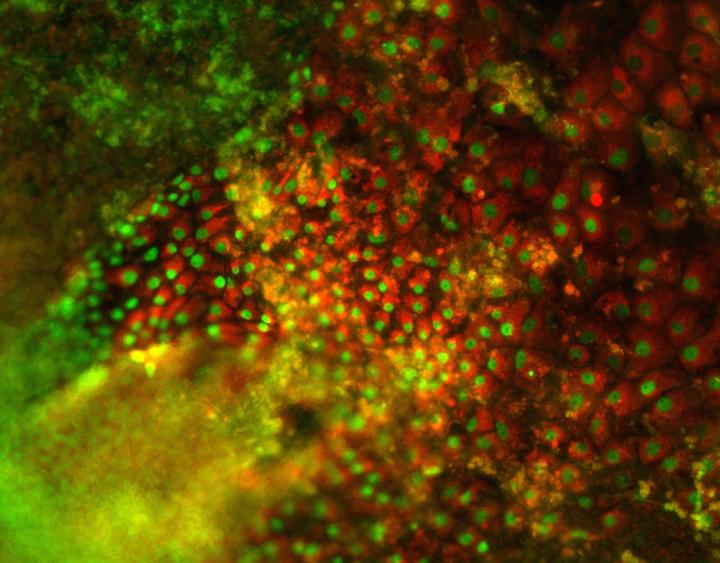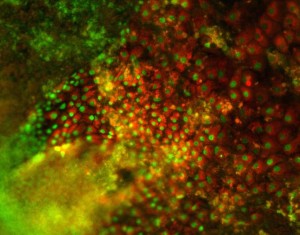Fully Functional Hepatocytes Obtained From Stem Cells

Scientists from the Hebrew University of Jerusalem’s Alexander Grass Center for Bioengineering have produced the most functional hepatocytes to date. The researchers derived the liver cells from human embryonic and genetically engineered stem cells. The finding, published in Hepatology, will boost drug discovery by dramatically reducing costs of obtaining hepatocytes.
The liver is a very important organ with more than 500 functions, and there is no artificial device that can perform all its duties. Around 80% of the liver is made of hepatocytes, highly specialized cells with functions like protein synthesis and storage, transformation of carbohydrates, synthesis of cholesterol, bile salts and phospholipids, detoxification, modification, and excretion of exogenous and endogenous substances, and initiation of formation and secretion of bile. The liver is responsible for drug breakdown and often suffers drug-induced injury. Assessing that damage in vitro is crucial in pharmaceutical drug discovery, but the availability of hepatocytes is small. So far, they are obtained only from donors. Some research groups have produced liver cells, but are not functional enough to predict the effect of the tested drugs. This means that pharmaceutical companies have to spend millions of dollars in obtaining liver cells.
Dr. Nahmias’ team found out that bacteria in the infant gut moments after birth produce vitamin K2 and bile acids that activate the fetal liver’s drug metabolism program. The team imitated liver development from the first days of life, when babies first feed and the organ starts working. By applying vitamin K2 and lithocholic acid to hPSC-derived and isolated fetal hepatocytes, Dr. Nahmias and colleagues produced cells that detect drug toxicity with more than 97% accuracy. The method allows to obtain an endless number of functional liver cells and will cause a dramatic change in drug discovery.
Source: EurekAlert


